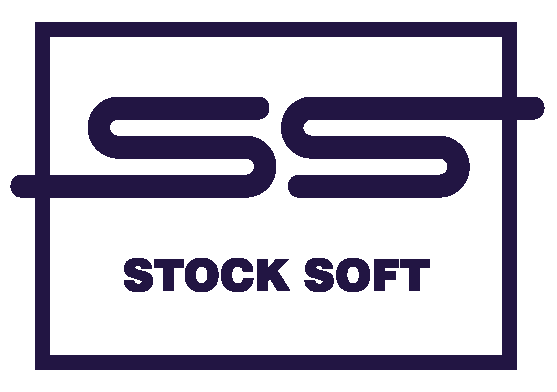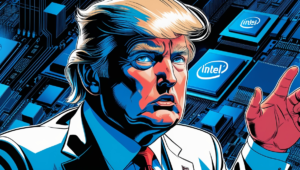U.S. President Donald Trump on Thursday called for the immediate resignation of Intel’s new CEO, Lip-Bu Tan, describing him as a “very conflicted person” over his ties to Chinese companies and questioning his plans to restore the position of the struggling American chipmaker.
Reuters reported in April that Tan had invested at least $200 million in hundreds of Chinese companies, including chipmakers and advanced technology firms, some linked to the Chinese military.
Trump’s remarks came a day after Republican Senator Tom Cotton sent a letter to Intel’s chairman questioning Tan’s connections to Chinese firms and a recent criminal case involving his former company, Cadence Design.
“The Intel CEO has a major conflict of interest and must resign immediately. There is no other solution to this problem,” Trump wrote on his Truth Social platform.
Intel shares fell 3% on Thursday. A leadership change could increase pressure on the company, which is central to the U.S. strategy to boost domestic chip manufacturing. Last year, Intel received $8 billion in subsidies under the 2022 CHIPS Act to build new plants in Ohio and other states.
Trump’s intervention was a rare instance of a U.S. president publicly calling for the removal of a CEO, sparking debate among investors.
“This creates a very dangerous precedent. I wouldn’t want U.S. presidents to decide who runs companies, but his opinion carries significant weight,” said Phil Blancato, CEO of Ladenburg Thalmann Asset Management.
David Wagner, head of equities and portfolio manager at Aptus Capital Advisors, an Intel investor, said that while “many believe President Trump is too active in financial matters, this is another signal that he is serious about bringing business back to the U.S.”
Intel said in a statement: “Intel, the board of directors, and Lip-Bu Tan are deeply committed to the national and economic security interests of the U.S. and are making significant investments in line with an ‘America First’ policy. We look forward to continued engagement with the administration.”
Tan, who became CEO in March, did not respond to Reuters’ requests for comment. According to the agency, from March 2012 to December 2024, he invested personally and through venture funds in Chinese companies, including suppliers to China’s People’s Liberation Army.
Reuters identified at least 20 investment funds and companies where his venture firm Walden was co-owned with Chinese state entities. Most funding came from local governments in Chinese tech hubs such as Hangzhou, Hefei, and Wuxi.
Sources previously said Tan had stepped down from his roles in Chinese companies but gave no details. Corporate records in China still listed many investments as active at the time of Reuters’ review, and the extent of asset sales could not be determined.
Tan, a Chinese-American businessman of Malaysian origin, headed Cadence Design from 2008 to 2021 — a chip design software producer that sold products to a Chinese military university likely involved in nuclear explosion simulations.
Last month, Cadence agreed to plead guilty and pay over $140 million to settle U.S. charges related to these sales.
Bernstein analyst Stacy Rasgon said: “We do not believe Lip-Bu is in a conflict of interest, but given the administration’s stance, his ties to China are increasingly damaging his reputation. Unfortunately, unlike other tech CEOs, Lip-Bu does not seem to have developed a personal rapport with Trump that could ease tensions.”
A White House spokesperson emphasized: “President Trump remains committed to protecting the U.S.’s national and economic security. This includes ensuring that American companies in advanced sectors are led by people whom citizens can trust.”

